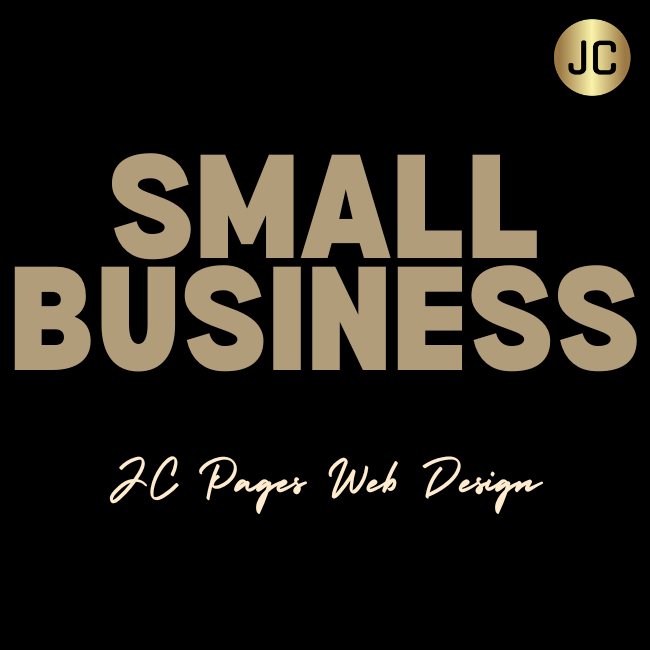
Best Business Structure for Startups
Best Business Structure for a Startup
Choosing the right business structure is crucial for any startup. It impacts everything from liability and taxes to flexibility and growth potential. Here, we'll explore the various types of business structures and considerations for incorporating your startup.
Know the Types of Corporations
1. Sole Proprietorship
A sole proprietorship is the simplest form of business where the owner is personally liable for all debts and obligations. It's easy to set up but offers no personal asset protection.
2. Limited Liability Company (LLC)
An LLC combines the simplicity of a sole proprietorship with the limited liability of a corporation. Owners (members) are protected from personal liability for business debts.
3. S Corporations (S Corps)
S Corps are pass-through entities where income is taxed at the individual shareholder level, not at the corporate level. They have restrictions on ownership and are suitable for smaller businesses.
4. C Corporations (C Corps)
C Corps are separate legal entities owned by shareholders. They offer limited liability to owners and have no restrictions on ownership, making them ideal for high-growth startups seeking venture capital.
The Importance of Timing to Incorporate
1. When to Incorporate a Startup
Incorporate early if you foresee growth and want to establish a separate legal entity to protect personal assets and gain credibility.
2. When You Need Flexibility
LLCs offer flexibility in management structure and profit distribution, making them ideal for startups with uncertain growth paths or multiple owners.
3. When You Need Investors
Investors generally prefer C Corps due to their structure, which allows for different classes of stock and easy transferability, facilitating equity investments.
4. When You Own Intellectual Property
If your startup's value lies in intellectual property (IP), such as patents or trademarks, incorporating early can protect these assets and facilitate licensing or sales.
5. When You Need Prestige
Incorporating in Delaware is common due to its established corporate law framework, which offers predictability and stability favored by investors and courts.
How to Incorporate Your Startup
Incorporating a startup involves several steps:
- Choose a Business Name: Ensure it's unique and complies with state regulations.
- File Articles of Incorporation: File with your state's Secretary of State and pay the necessary fees.
- Draft a Founders' Agreement: Define roles, responsibilities, and ownership percentages among founders.
- Obtain Necessary Permits and Licenses: Depending on your industry and location.
- Consider Consulting a Lawyer: Especially for complex ownership structures or IP considerations.
Why Investors Favor C-Corps
C Corps are preferred by investors for several reasons:
- Stock Options: They allow for different classes of stock, facilitating equity incentives for employees.
- Potential for IPO: C Corps can easily transition to a public company, providing liquidity to investors.
- Growth Potential: Their structure supports scaling and raising significant capital through multiple rounds of funding.
Why Incorporate in Delaware?
Delaware offers several advantages for startups:
- Business-Friendly Laws: Predictable legal outcomes and a specialized court for business disputes.
- Privacy: Directors and officers don't have to be disclosed in public filings.
- Tax Benefits: No state income tax for Delaware corporations not operating within the state.
Best Company Structure for Startups in the U.S
What is a Company Structure?
Choosing the right company structure is one of the most critical decisions for any startup. It defines how your business will operate, how it will be taxed, and the level of personal liability protection you'll have as an owner.
The Importance of Startup Company Structure
The structure you choose impacts everything from day-to-day operations to long-term growth and even your ability to attract investors. It's essential to understand the options available and how they align with your business goals.
The Best Legal Structure for Startups
Sole Proprietorships
A sole proprietorship is the simplest form of business structure, where the owner and the business are one and the same. It's easy to set up and offers complete control over the business. However, the owner is personally liable for all business debts and obligations.
Partnerships
Partnerships involve two or more people sharing ownership of a business. There are two main types: general partnerships, where all partners manage the business and share liability, and limited partnerships, where one partner has unlimited liability and others have limited liability based on their investment.
Limited Liability Company (LLC)
An LLC combines elements of sole proprietorships and partnerships with the limited liability protection of a corporation. Owners (called members) are not personally liable for the company's debts or liabilities. LLCs are flexible in terms of management structure and tax treatment, making them popular among startups.
Corporation
Corporations are separate legal entities owned by shareholders. They offer the strongest personal liability protection and can attract investment through the sale of shares of stock. There are two main types of corporations:
S Corporations (S Corps): S Corps are pass-through entities where income is taxed at the individual shareholder level. They have restrictions on ownership and are suitable for smaller businesses.
C Corporations (C Corps): C Corps are ideal for startups aiming for significant growth and external investment. They can issue different classes of stock, which is attractive to investors, and have no restrictions on ownership.
How to Choose a Suitable Structure for Your Startup?
Consider Your Company’s Future
Think about where you envision your startup in five or ten years. Do you plan to stay small and manageable, or do you have ambitions for rapid growth and expansion? Your long-term goals should influence your choice of structure.
Think About Licenses and Permits
Depending on your industry and location, certain business structures may require specific licenses and permits to operate legally. Research these requirements early on to avoid any compliance issues.
Ask for Advice
Consulting with legal and financial professionals is crucial when making this decision. They can provide insights into the tax implications, liability protections, and administrative requirements associated with each structure.
Final Thoughts
Choosing the best company structure for your startup involves weighing the trade-offs between simplicity, liability protection, tax considerations, and growth potential. There is no one-size-fits-all solution, so take the time to assess your unique business needs and seek professional guidance to set your startup on the path to success.
Industry News & Insights
Stay updated with the latest industry news and insights to keep abreast of trends, regulatory changes, and opportunities that could impact your startup's journey.
By carefully considering these factors and understanding the implications of each structure, you can make an informed decision that sets your startup up for long-term success.
Additional Considerations for Business Structure by Region
Choosing the right business structure for your startup can be influenced by regional factors such as legal frameworks, tax regulations, and market dynamics. Here’s a breakdown by region:
The Americas
In the Americas, including the United States, Canada, and Latin America, startups often opt for structures like LLCs or C Corporations. These structures offer strong liability protection and flexibility in operations, catering well to dynamic business environments and investor expectations.
Asia Pacific
Countries in Asia Pacific vary widely in their business regulations and tax systems. Many startups in tech hubs like Singapore and Hong Kong prefer the simplicity and tax benefits of incorporating as an LLC or a private limited company. These structures provide a balance of liability protection and operational flexibility.
Europe, Middle East, and Africa (EMEA)
In the EMEA region, including countries like the UK, Germany, and UAE, startups may consider legal structures that align with local corporate laws and tax regimes. Limited liability companies and private limited companies are popular choices due to their straightforward setup and liability protection features.
Tax Considerations
When deciding on a business structure, tax implications play a crucial role. Consider:
Zero Tax
Some jurisdictions offer zero or very low corporate tax rates to attract businesses. Examples include jurisdictions in the Caribbean and certain offshore locations. However, ensure compliance with international tax laws and regulations.
Low Tax
Countries with low corporate tax rates, such as Ireland and certain Eastern European countries, are attractive to startups looking to optimize tax efficiencies. C Corporations often benefit from these lower rates, especially if planning for global expansion.
Startup Growth
The potential for growth is a key factor in choosing a business structure. C Corporations are favored for their scalability, ability to issue different classes of stock, and attractiveness to venture capitalists seeking high-growth opportunities.
Startup Banking
Setting up a business bank account is essential for managing finances and separating personal and business funds. Look for banks that offer startup-friendly services, such as low fees, online banking options, and integration with financial management tools.
Top Picks for You
Explore these recommended resources to deepen your understanding of business structures, tax considerations, and strategies for startup growth:
- Choosing a Business Structure: A Guide for Entrepreneurs
- Startup Tax Considerations: What You Need to Know
- How to Choose the Right Bank for Your Startup
By carefully considering regional nuances, tax implications, and growth strategies, you can select a business structure that aligns with your startup’s goals and maximizes its chances for success in the global market.



